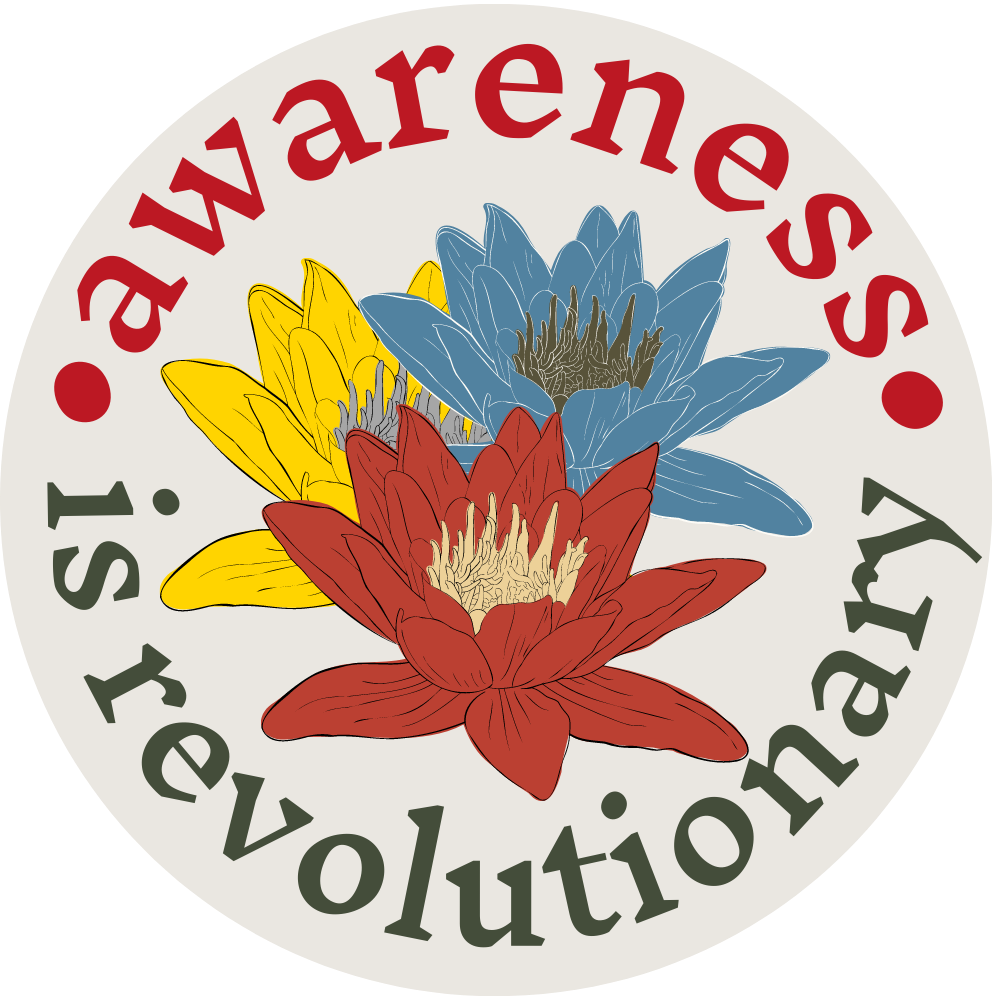
Vision and Transformation
Vision
Our vision is to create transformational learning experiences grounded in the BuddhaDharma that fuel and support our shared journey toward collective liberation.
Transformation
Curiosity. Compassion. Courage.
We work to grow personally, spiritually and collectively. We are not out on a mission to recruit. Mostly, people come to us and reach out for support or simply want to learn more. We try to resource ourselves and others interested with the skills, best practices, networks of resilience, and most of all with the courage needed to engage deeply and sustainably in the co-creation of radically inclusive Buddhist sanghas. For this we need curiosity, compassion and courage.
Gradual steps and occasional breakthroughs.
Those who participate in our programs typically make small steps towards greater insight and compassion. Occasionally, people report significant breakthroughs. Our training programs are always unfinished and evolving, like us! They are not ends in themselves. This is because there is no magic bullet, and we don’t have a definitive or “final analysis” when it comes to hugely complex issues like racism, homophobia or classism, for example. Our work is embodied and relational, it happens in the space between us. Much of it is wordless.
We move at the speed of trust.
We tend to go slow. Slow is real. Slow helps us learn from our mistakes. Slow finds the beauty in the mess. Slow gives us time to breathe and be fully human, undefended and awake. Quick fixes are generally superficial and often harmful. Our momentum and our creativity are borne of our friendships. Friendship often requires slow time. Things happen and risks are taken together on the basis of this. We move at the speed of trust and we trust emergence.
Capacity Building (what we actually do!)
We create conditions that move us towards this vision of collective liberation. In particular, we:
offer programs for self-paced and group-based learning and dialogue, with materials specific to different cultural contexts and social constructs. This includes courses, workshops, reading circles, retreats and other gatherings.
nourish a network of mutual support and care for change-makers working on the front lines of Buddhist-informed justice and equality/equity work.
maintain a repository of materials and tools for study and exploration: case studies, research on best (and worst!) practices, rituals, meditation practices, art, song, poetry, healing practices and more.
As we do this work, we try to bridge the regional distances and differences within our global Triratna context, as well as the often racialized separations that have historically existed among Buddhist communities in “the West.” Networking among “Engaged Buddhists” working on different topics around the world has also been helpful, as we share our own learnings and practices, with a focus on what works — and knowing that different contexts require different sensibilities and interventions.
